Bubbles Season Comes with News from Champagne!
Noble Wine Christmas Selection
A bottle of your favorite wine in a short time at your home
When you can’t find what you’re looking for
Find the Armagnac of your special year!
-
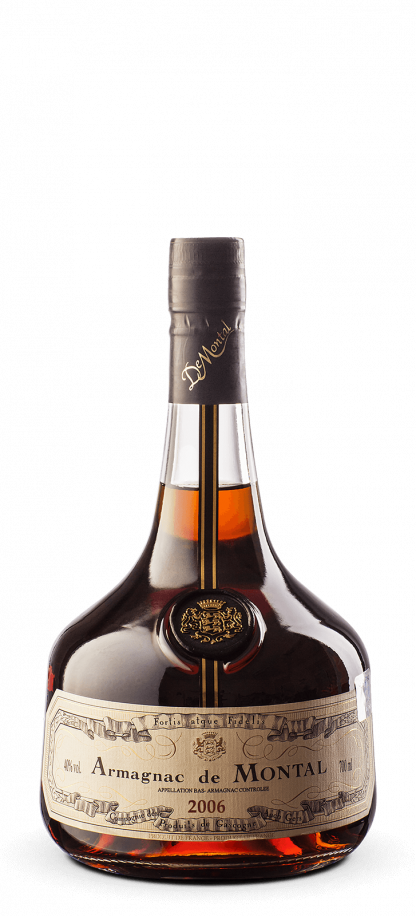
De Montal armagnac 2014 0,7L
 51.90 €
Add to cart
51.90 €
Add to cart
-

De Montal armagnac 2011 0,7L
 62.80 €
Add to cart
62.80 €
Add to cart
-

De Montal armagnac 2008 0,7L
 65.50 €
Add to cart
65.50 €
Add to cart
-
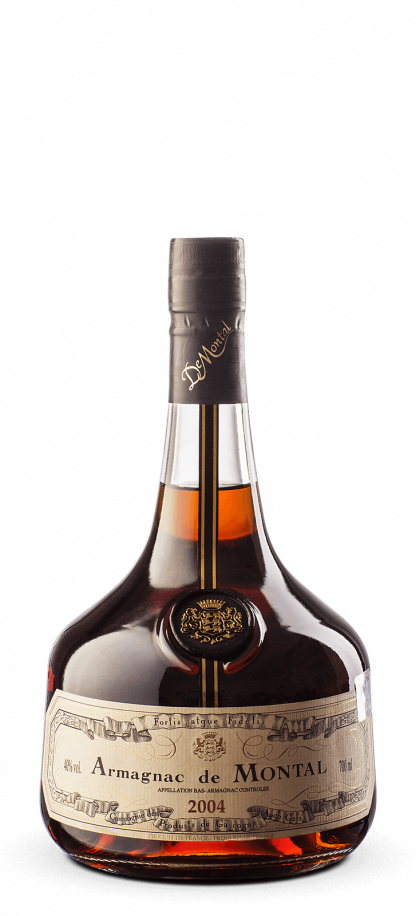
De Montal armagnac 2004 0,7L
 69.60 €
Add to cart
69.60 €
Add to cart
-
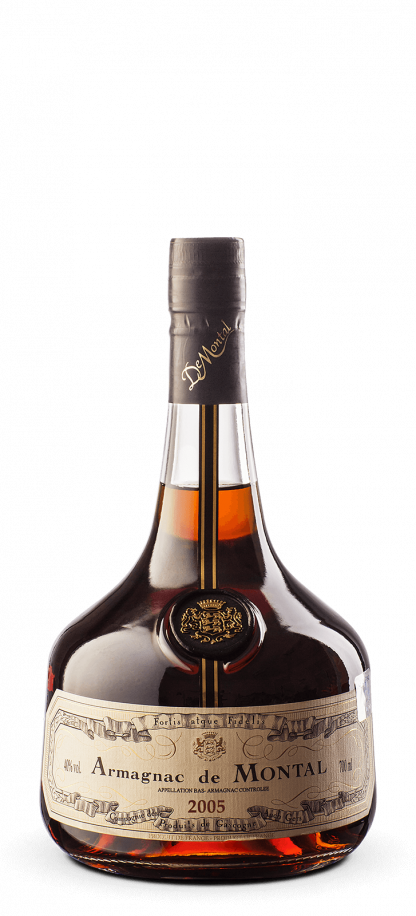
De Montal armagnac 2005 0,7L
 71.00 €
Add to cart
71.00 €
Add to cart
-
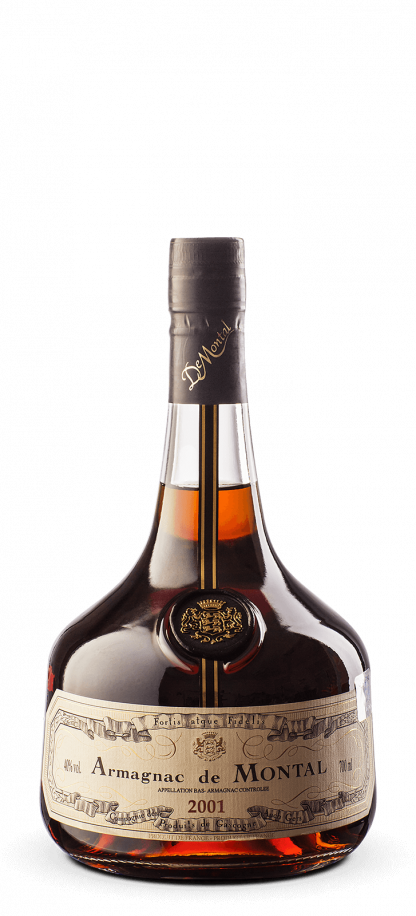
De Montal armagnac 2001 0,7L
 78.20 €
Add to cart
78.20 €
Add to cart
-
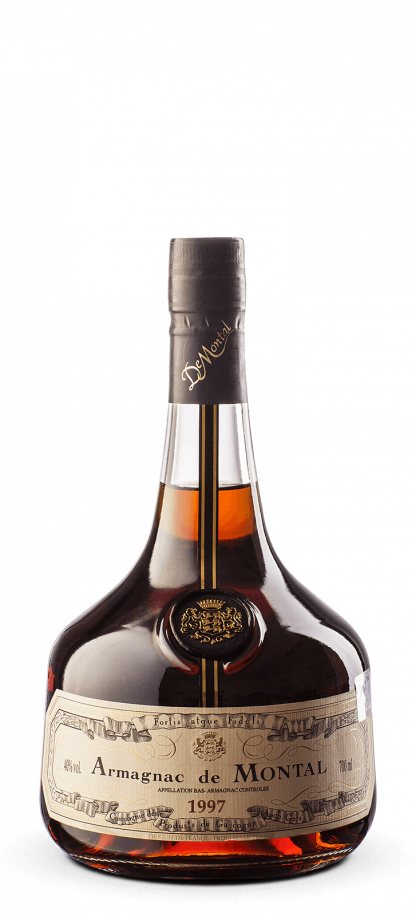
De Montal armagnac 1997 0,7L
 86.40 €
Add to cart
86.40 €
Add to cart
-
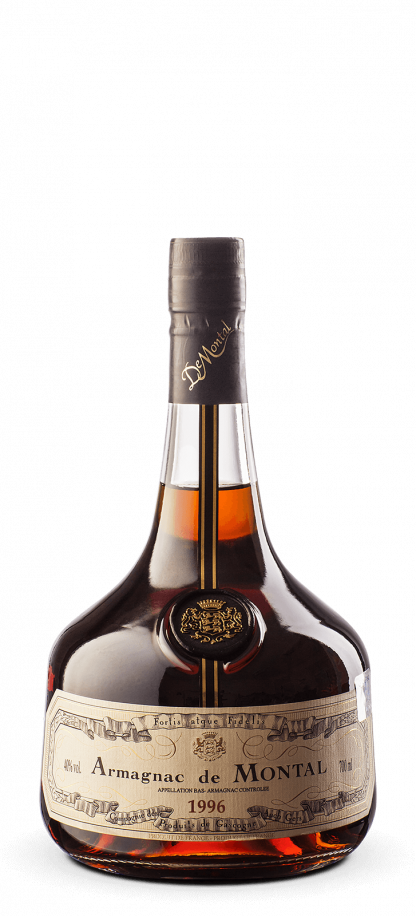
De Montal armagnac 1996 0,7L
 88.20 €
Add to cart
88.20 €
Add to cart
-
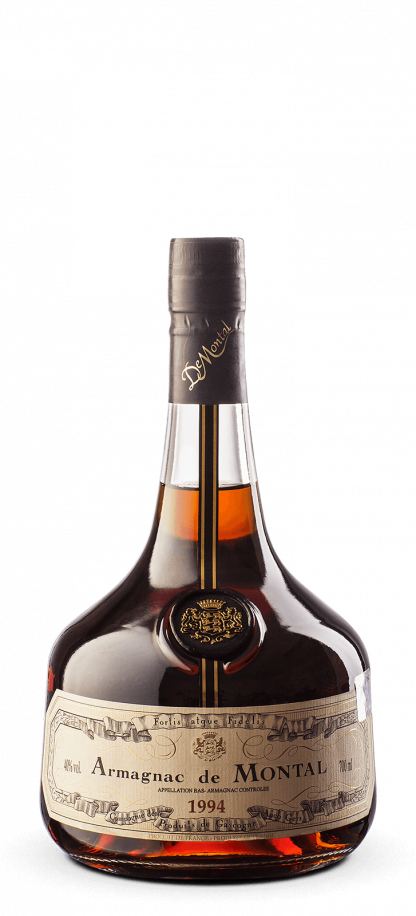
De Montal armagnac 1994 0,7L
 91.00 €
Add to cart
91.00 €
Add to cart
-

De Montal armagnac 1992 0,7L
 93.70 €
Add to cart
93.70 €
Add to cart
-
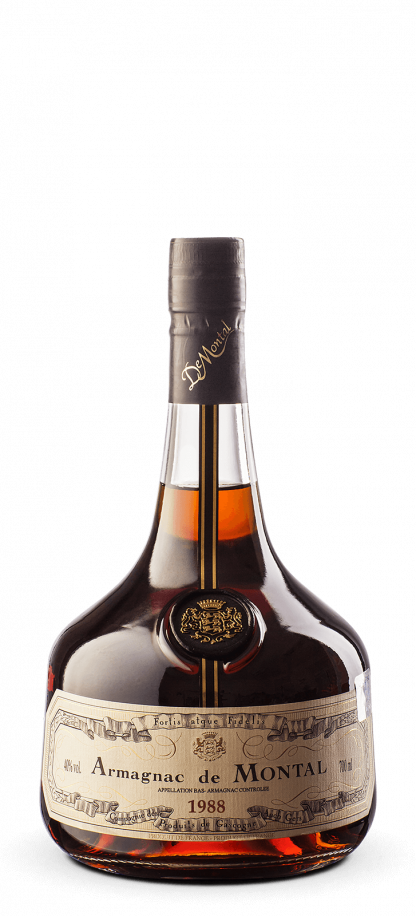
De Montal armagnac 1988 0,7L
 106.40 €
Add to cart
106.40 €
Add to cart
-
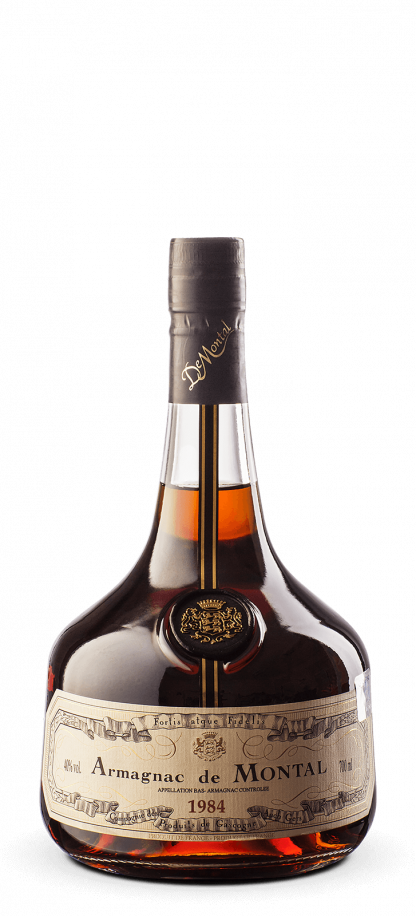
De Montal armagnac 1984 0,7L
 111.90 €
Add to cart
111.90 €
Add to cart
-
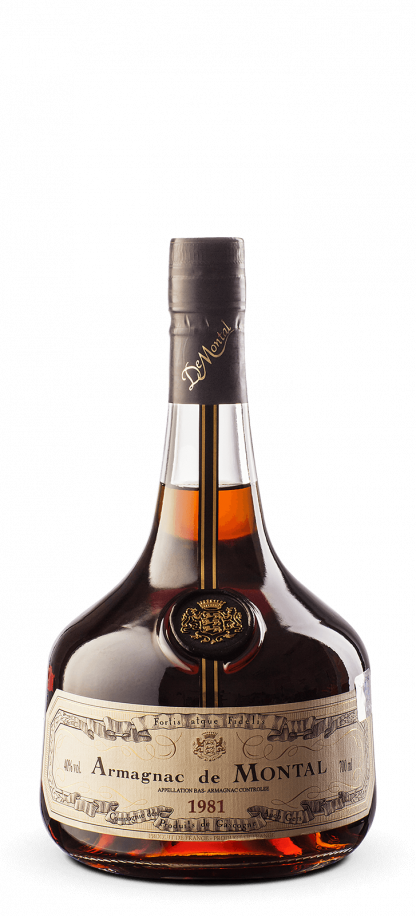
De Montal armagnac 1981 0,7L
 123.70 €
Add to cart
123.70 €
Add to cart
-
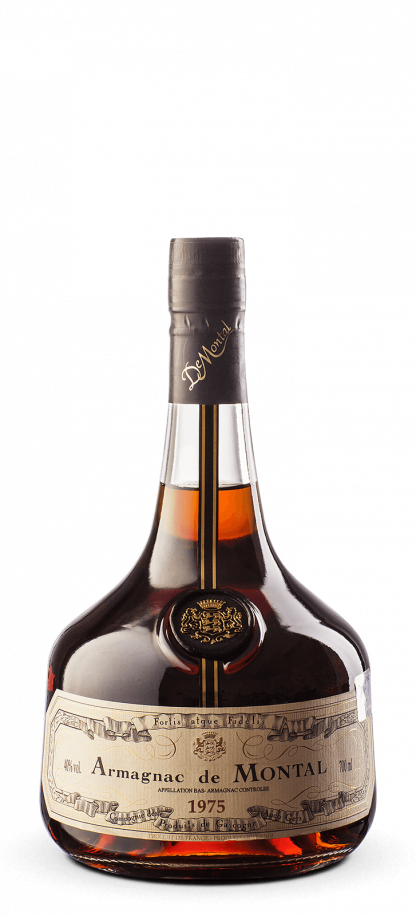
De Montal armagnac 1975 0,7L
 150.00 €
Add to cart
150.00 €
Add to cart